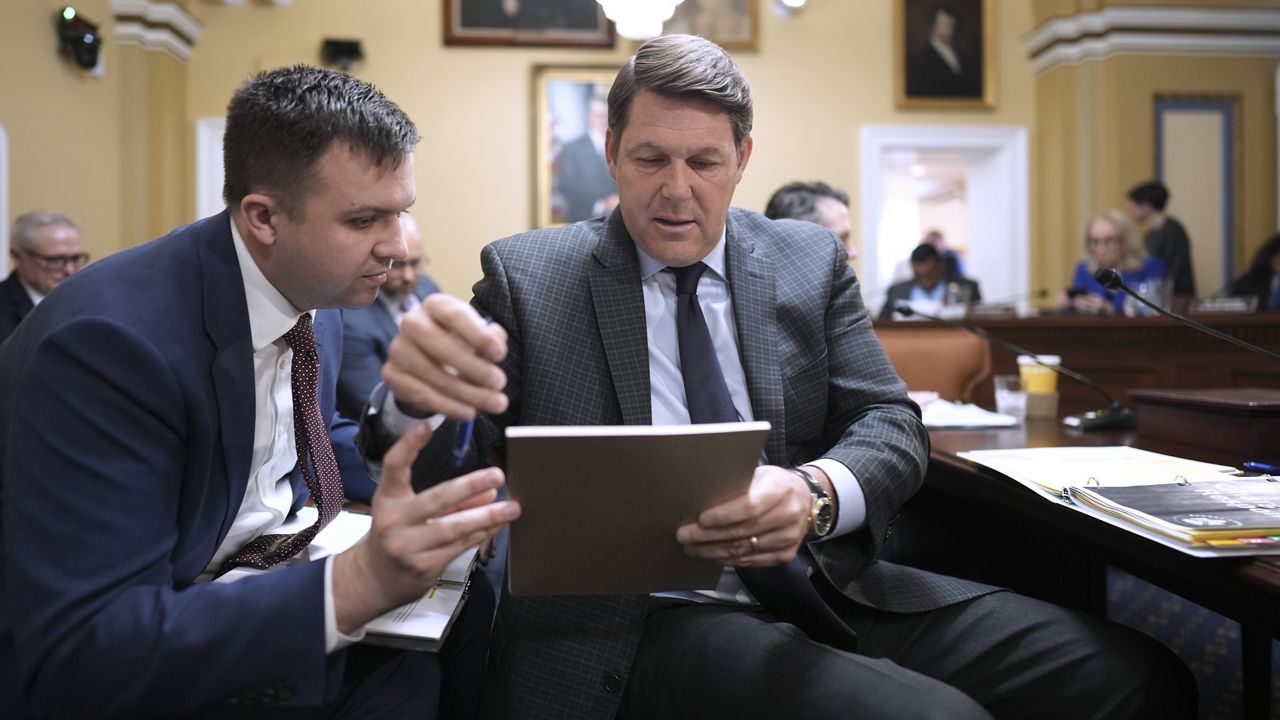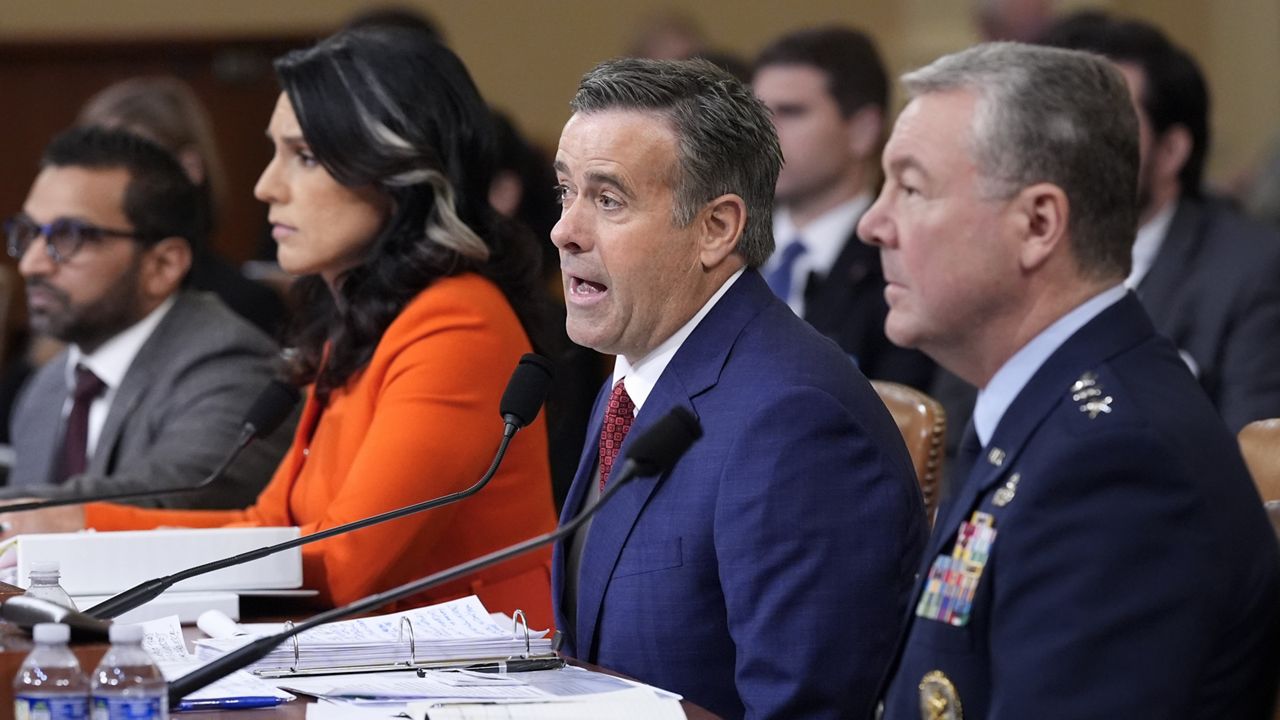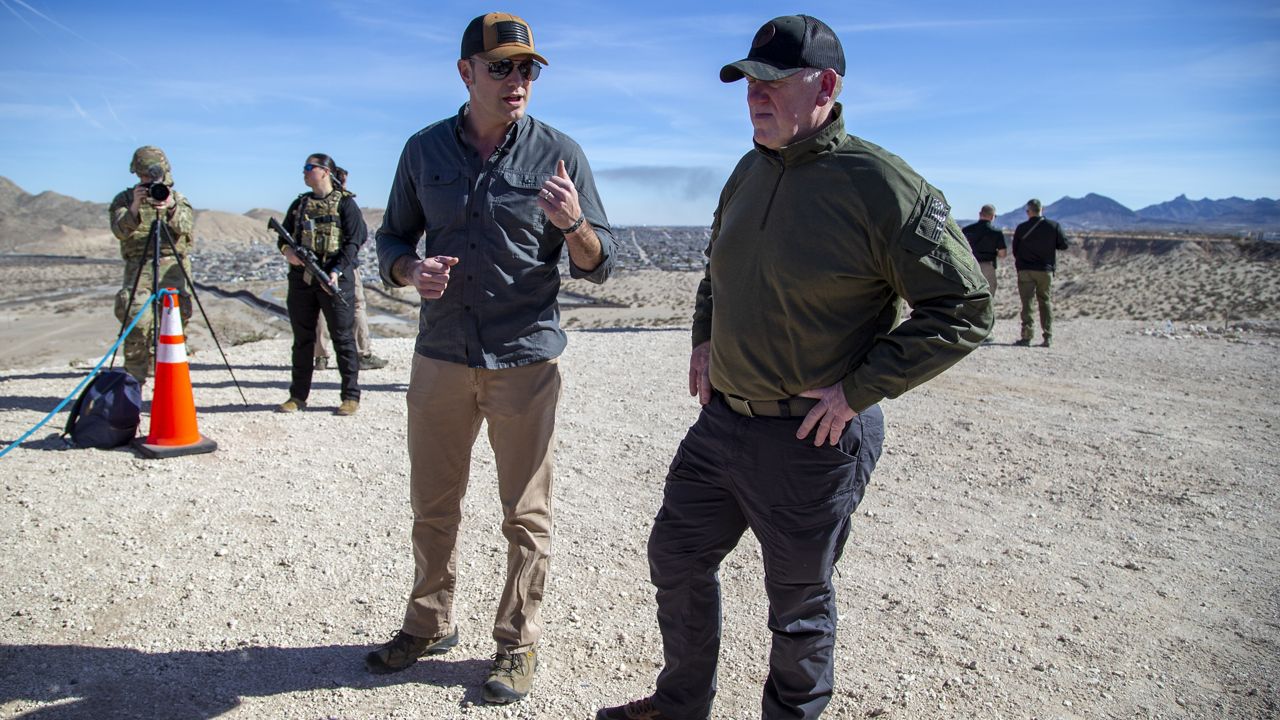WASHINGTON — More federal dollars are heading to the southern border under the new federal budget. The extra spending will increase the number of border patrol officers and enhance efforts to detect fentanyl, but some Texas Republicans say it is not enough.
Some Democrats on the House appropriations committee are touting the border security improvements that will be funded under the new federal budget.
“For the first time since the Trump administration, not a single penny of new dollars for a border wall, because I was able to convince my Republican friends instead of spending money in that area and add it in personnel, technology, detention, deportation, and we came to that agreement,” Rep. Henry Cuellar, D-Laredo, said.
To win over GOP support, House Republican leaders pointed to some spending increases for the border. The budget, in part, contains $495 million for 22,000 Border Patrol agents, an increase of 2,000 officers, as well as more money to pay for them working overtime. It provides funding for about 8,000 more detention beds — a 24% increase — for migrants awaiting removal from the U.S. or immigration proceedings. There is also more money for border security technology, including the detection of fentanyl smuggled into the U.S. and security towers.
“If the administration uses the monies we gave for detention, the monies that we use for deportation, then I think you’re going to see numbers go down. Now, do we still need to do a little bit more changes in the law? Absolutely,” Cuellar, who is the lone Texas Democrat on the House Appropriations Committee, said.
Republicans previously killed a bipartisan Senate bill to enact more sweeping border security measures, complaining President Joe Biden did not need the legislation to clamp down on the border. Some said former President Donald Trump urged them to oppose it, so the border could remain a campaign issue.
Despite the border security inclusions in the final budget bill, many Republicans, including more than a dozen from Texas, opposed that legislation, too, partly because of what it did not include on border security.
“When you’re looking at adding Border Patrol agents, but you’re not changing the policies, it’s not the dollar amounts that’s so disconcerting, it’s the policies,” Rep. Beth Van Duyne, R-Irving, said when asked about the significance of provisions such as Border Patrol overtime pay and fentanyl detection at the border.
Like other GOP lawmakers, Van Duyne wanted the budget to fund more border wall construction, and reimpose the Trump-era policy that required asylum seekers to wait in Mexico as their claims are processed. Van Duyne also sought the end of CBP One, a mobile app the Biden administration created to facilitate appointments at ports of entry for asylum seekers.
“Why is it important that you stop people before they enter our country when we already have a backlog or they’re not going to be able to get them into court for another five to seven years? Why is it important to have them remain in the first safe country?” Van Duyne said. “We’ve already had over 10 million, almost 11 million, people in our country illegally.”
The White House is calling on Congress to pass the bipartisan Senate deal on border security, but as Election Day nears, the chances of that happening are dwindling.










)
